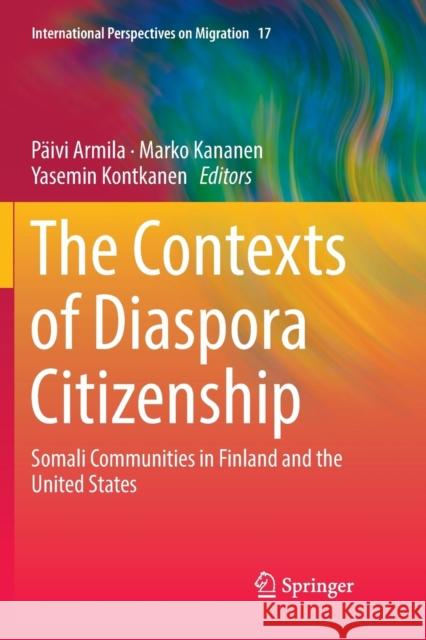The Contexts of Diaspora Citizenship: Somali Communities in Finland and the United States » książka
topmenu
The Contexts of Diaspora Citizenship: Somali Communities in Finland and the United States
ISBN-13: 9783030068622 / Angielski / Miękka / 2019 / 231 str.
Kategorie:
Kategorie BISAC:
Wydawca:
Springer
Seria wydawnicza:
Język:
Angielski
ISBN-13:
9783030068622
Rok wydania:
2019
Wydanie:
Softcover Repri
Numer serii:
000442569
Ilość stron:
231
Waga:
0.36 kg
Wymiary:
23.39 x 15.6 x 1.35
Oprawa:
Miękka
Wolumenów:
01
Dodatkowe informacje:
Wydanie ilustrowane











